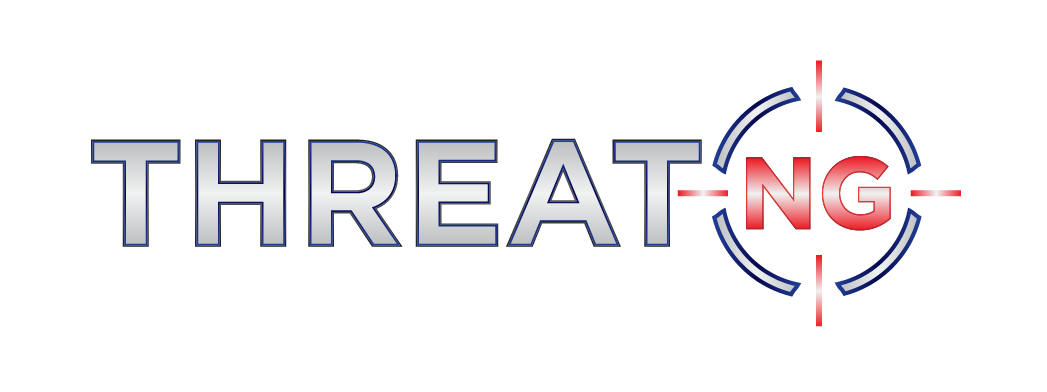Venture Capital
Venture Capital is a form of private equity financing investors provide to startup companies and small businesses that are believed to have long-term growth potential. Venture capital investments typically involve high risk but also offer the potential for high returns. Venture capitalists often actively engage with the companies they invest in, offering guidance, mentorship, and industry connections.
Relevance to Cybersecurity:
Funding for Innovation: Cybersecurity is a rapidly evolving field where new threats and technologies constantly emerge. Venture capital provides the necessary financing for cybersecurity startups to develop innovative solutions to address these challenges. This funding enables them to conduct research, build products, and scale their operations.
Market Validation: Venture capital investment can signal market validation for cybersecurity startups, which can help them attract further investment, customers, and talent.
Expertise and Network: Venture capitalists often have expertise in specific industries and technologies, including cybersecurity. They can provide valuable insights and guidance to cybersecurity startups, helping them navigate the market and overcome challenges. They can also introduce startups to potential customers, partners, and investors.
Accelerated Growth: Venture capital can help cybersecurity startups accelerate their growth trajectory. It can enable them to bring their products to market faster, capture market share, and achieve a competitive advantage.
Venture capital is crucial in driving innovation and growth in the cybersecurity industry. It provides the necessary funding, expertise, and connections that cybersecurity startups need to succeed in a highly competitive and rapidly evolving market.
ThreatNG's comprehensive suite of tools and intelligence repositories can significantly contribute to the venture capital landscape within the cybersecurity industry. Here's how:
1. Enhancing Due Diligence for Venture Capitalists:
Reduced Investment Risk: ThreatNG allows VCs to perform in-depth due diligence on potential cybersecurity investments. By identifying vulnerabilities and risks associated with a startup's technology, VCs can make more informed decisions, minimizing the risk of investing in companies with significant security flaws. This is particularly important given the high stakes involved in venture capital.
Identifying Promising Startups: ThreatNG's continuous monitoring and threat intelligence can help VCs identify promising cybersecurity startups early on. By analyzing a startup's security posture and ability to address emerging threats, VCs can spot potential winners in the cybersecurity space.
Objective Security Assessments: ThreatNG's security ratings provide an objective and quantifiable measure of a cybersecurity startup's security posture. This can be a valuable tool for VCs in evaluating the maturity and effectiveness of a startup's security program.
2. Supporting Portfolio Companies:
Improving Security Posture: ThreatNG can help VC portfolio companies strengthen their security posture by identifying and mitigating vulnerabilities, reducing their susceptibility to cyberattacks. This can enhance the company's reputation and protect its intellectual property, increasing its value and attractiveness to future investors.
Accelerated Product Development: By leveraging ThreatNG's insights, startups can accelerate the development of more secure and resilient products. The platform's vulnerability assessments and threat intelligence can guide development efforts, ensuring that security is baked into the product from the ground up.
Meeting Compliance Requirements: ThreatNG can help startups comply with relevant security standards and regulations, such as GDPR, CCPA, and industry-specific frameworks. This can be crucial for startups seeking to enter new markets or secure partnerships with larger organizations.
3. Working with Complementary Solutions:
Integration with Vulnerability Management Tools: ThreatNG can integrate with existing vulnerability management tools to provide a more holistic view of a company's security posture. This can help prioritize remediation efforts and streamline security operations.
Collaboration with Threat Intelligence Platforms: ThreatNG's threat intelligence can be combined with data from other platforms to provide a more comprehensive understanding of the threat landscape. This can help startups proactively defend against emerging threats.
Enhancement of Security Information and Event Management (SIEM) Systems: ThreatNG's real-time monitoring capabilities can feed into SIEM systems, providing security teams with actionable alerts and enabling faster incident response.
Examples of ThreatNG's Capabilities:
Identifying Phishing Susceptibility: ThreatNG can assess a startup's susceptibility to phishing attacks by analyzing its email security configurations, employee awareness training, and online presence. This can help prevent costly phishing attacks that compromise sensitive data or disrupt operations.
Detecting Data Leaks: ThreatNG can monitor the dark web and other online sources for any mentions of a startup's sensitive data. This can help identify and contain data leaks quickly, minimizing the damage to the company's reputation and financial standing.
Assessing Supply Chain Risk: ThreatNG can analyze the security posture of a startup's supply chain partners, identifying potential risks that could impact the startup's operations. This can help startups choose more secure partners and mitigate supply chain vulnerabilities.
By leveraging ThreatNG's comprehensive capabilities, venture capitalists and cybersecurity startups can work together to build more secure and resilient businesses, fostering innovation and driving growth in the cybersecurity industry.

